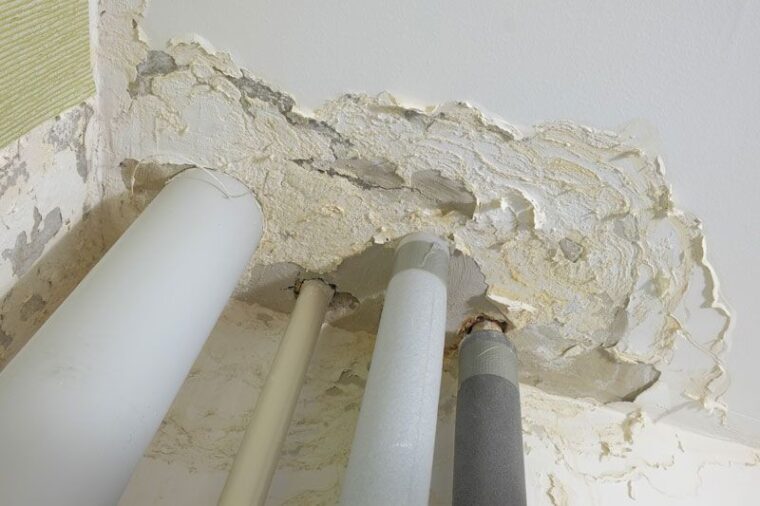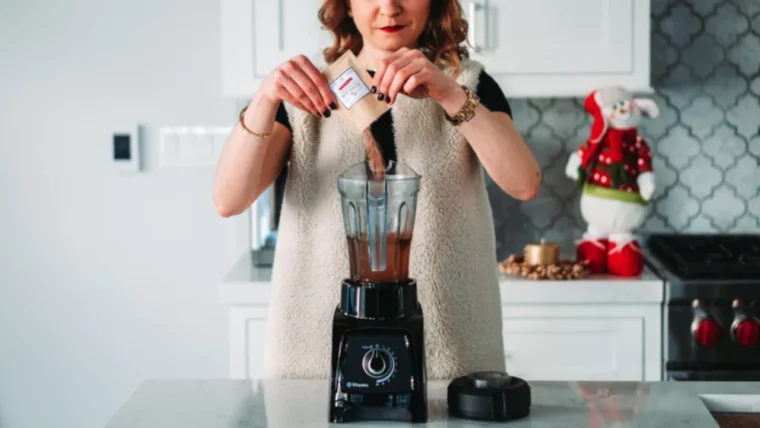Purchasing your first home is one of the most important things for you and your family. You’ll have more space to spend time together and make memories, as well as be part of a friendly community. But as wonderful as it sounds, looking for the best house that has them all can be rather exhausting and time-consuming. You need to decide if you are able to afford it, your credit might not be helping you and lenders don’t seem to cooperate. But don’t lose hope, because in the following paragraphs, you’ll find out some things you need to look for in your new home.
Damages

Probably the most overlooked detail when it comes to a new house is any hidden damage. Regardless if it’s inside or outside of the house, you should always check for:
- Roof damages. The realtor should provide you with information regarding the age and condition of the house. If it’s supposed to be an old construction, you should first see if there are any deterioration signs on the roof, like missing shingles, rusted flashing or moss. You should always negotiate your offer if you find any visible problems.
- Risk of water flow. Besides the discomfort of constant leaking, water can cause mold, which is harmful to your health. A poor water system can lead to the weakening of the house’s joints and beams. Therefore, if you don’t want to have problems in the future, look for water stains on the ceiling, check under all the sinks and test all faucets and showers. On the outside of the house, verify if there are any sloping areas in the yard or French drains.
- Foundation defects. This might be tricky if they are covered, but try looking for cracks in the outside walls or the basement. Other signs of trouble are gaps between walls, windows or doors and the smell of mold or rot.
Facilities

If you want a house with all the facilities included, you must pay attention to details that might be damaging later. To see if the A/C is working, turn it on and off and check the filters. As for the heating system, depending on the heat source (heat pump or gas furnace), you need to take some time and listen to any noise or vibrations, any possible dusty smell that can be a sign of electrical burning or chemical hazards.
The first time you’ll search for a property, you might need a professional’s help in order to make the best decision. You can have a look at some of the most popular property searches to have an idea of what you’d like. According to Walton Robisnon, you could contact letting estate agents to guide you in choosing between properties by conducting viewing and providing information on the house. Because real estate agents have an extended database of properties, they can pinpoint what’s best for you and your family. Real estate property managers also have areas of responsibility regarding the constructions advertised, including facility management (plumbing, roof, walls and electrical administration). Also, if you want to find out more about the house you can ask your agent to request the contractor for anything you need to know.
Pest risk

One of the worst damages to a house is pest activity. The risk will increase in old buildings, as many gaps and holes act as reservoirs. Therefore, many risk factors can cause a pest issue in the future, like:
- Cracks and gaps open in wood, plaster or insulation that offers shelter. Check for these signs on siding, weatherproofing, windows, doors and foundations.
- Humidity. Look at plumbing leaks and dripping or places that puddle or can gather condensation.
- Lack of proper lighting. If your house is located in a darker area and doesn’t have enough windows, it might be troubling for the future because insects hide in these places.
- Clutter or food particles. If the house wasn’t cleaned or been on the market for a long time, dirt might’ve built up. If the property weren’t taken care of, you’d feel a funny smell that might signify current and future pest infestation.
Appliances’ performance

Checking the appliances before buying the house will save you from unplanned expenses and wasted time on repairs. You should check for these things in the most common housewares:
- The refrigerator should be cooling correctly, so look for rust inside the unit, and the gaskets and seals should be properly secured.
- A stove that’s not working is dangerous. Therefore, look for another property if the oven, burners, and boiler won’t heat up, and the seals don’t close.
- The washer and dryer from the laundry room are important too. It shouldn’t be an excessive buildup of lint inside the dryer, and the washer shouldn’t have any water leaks.
- Don’t forget about the air conditioner. The air quality in your house can affect your health, so check its age to make sure it isn’t too old. Also, look for loose wires, leaking water and any unusual sounds while it’s on.
The neighborhood

One of the last things you’d consider, the neighborhood is either friendly and peaceful or loud and unsafe. To check this, you should be visiting the location more often to see how they behave. Don’t forget to ask the estate agent if there are any criminal records in the area.
A good neighborhood should have trees and parks, be close to markets and restaurants and the houses around should be in good condition. You can drive around and look for signs of vandalism (broken windows). Also, if you’re looking for a community of people close to each other, you should ask if there are any local events and how people reacted in certain situations (if someone got ill or needed financial help). A tight-knit neighborhood is a perfect place to move into, especially if you have your first house.
In addition, check out the neighbors and get an overall feel for their lifestyle as well as their interests—are they friendly and prompt with paying taxes on time? It’s always best to get as much information about your potential neighbors as possible before committing to purchase as a first home buyer.
Lastly, make sure you take your time and won’t hurry to buy the cheapest property. You’re making a significant investment, and it should be worth the stress and time. Your final goal is to have a house that won’t empty your pockets after the first shower because it was severely damaged. Therefore, check everything that doesn’t look right for you and make the right decision in time. Ask for advice from your family and friends, and consider everything your real estate agent advises you.
